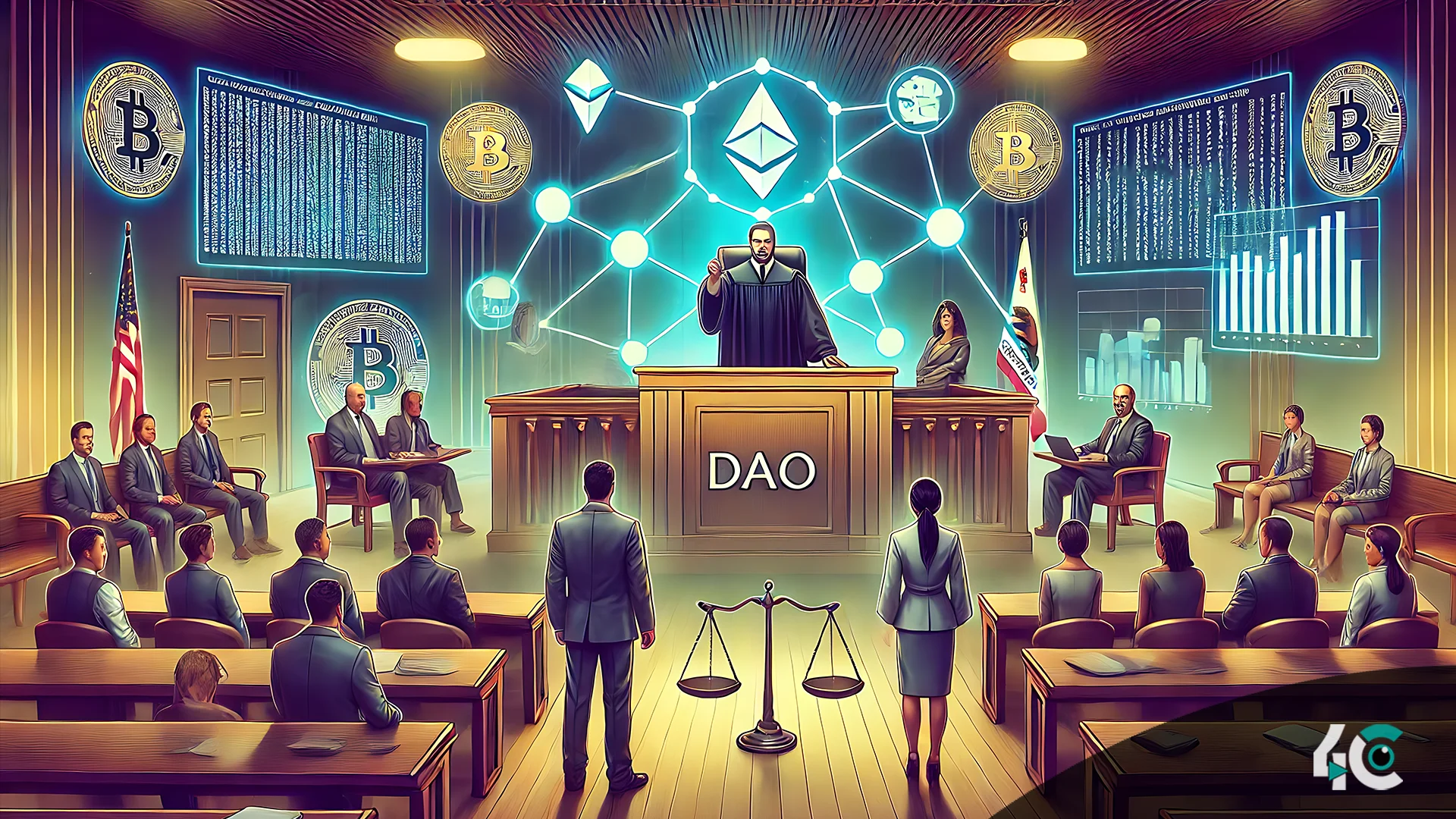A California federal judge found in a historic ruling that state partnership rules may hold members of decentralized autonomous organizations (DAOs) accountable for their organizations’ actions. Judge Vince Chhabria of the United States District Court for the Northern District of California issued the verdict on November 18, directly impacting Lido DAO, a prominent decentralized financing platform.
Lido DAO members are held accountable.Andrew Samuels, a former investor who acquired Lido DAO tokens, filed a complaint that sparked the case. Samuels claimed that these tokens were unregistered securities and sought compensation for financial losses. He said that Lido DAO’s failure to register the tokens with the US Securities and Exchange Commission (SEC) rendered the organization liable for securities laws.
Judge Chhabria determined that Lido DAO qualified as a general partnership under California law. This classification suggests that the DAO’s identifiable members, especially those actively involved in governance and operations, could potentially bear responsibility for its conduct.
Key institutional investors are implicated. Samuels accused many institutional investors, including Paradigm Operations, Andrés Horowitz, Dragonfly Digital Management, and Robot Ventures, of serving as partners in Lido DAO. While the court dismissed accusations against Robot Ventures due to a lack of evidence, it determined that Paradigm, Andreessen Horowitz, and Dragonfly could not avoid accountability because of their involvement in governance.
The ruling emphasizes the hazards involved with decentralized governance models, particularly when members actively participate in operations.
A blow to decentralized governance. Miles Jennings, General Counsel and Head of Decentralization at a16z Crypto, called the ruling a major setback for decentralized government. He cautioned that even minor engagement, like forum postings, could subject DAO members to responsibility under general partnership statutes.
Implications for the cryptocurrency industryThis decision sets a significant precedent for the treatment of DAOs under US law. Courts may impose additional responsibilities on participants by designating decentralized organizations as general partnerships, calling into question the assumption that decentralization shields members from legal obligations.
As regulatory scrutiny of decentralized finance grows, this case represents a shift in how legal systems may view the fast-changing crypto world.


































